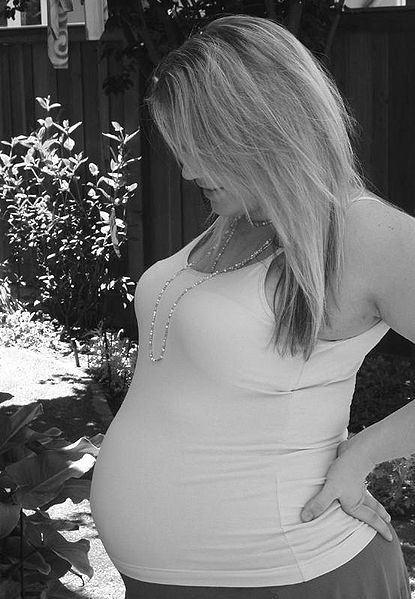Moderate alcohol exposure during pregnancy does not affect the child's subsequent motor skills, new research has shown.
Heavy drinking during pregnancy can harm unborn babies. Alcohol crosses the placenta and can stunt a baby's growth, cause distinctive facial changes and damage the developing brain, which can lead to poor memory, attention deficits, impulsive behavior and poor reasoning power. Dubbed fetal alcohol syndrome, up to 1 in 500 live births in the USA and Europe are affected.
To avoid this, practioners typically advise women to steer clear of alcohol  whilst pregnant. But what about drinking smaller amounts? Say a glass of wine of an evening? Would this affect the child?
whilst pregnant. But what about drinking smaller amounts? Say a glass of wine of an evening? Would this affect the child?
Over the last 10 years, researchers at Bristol University have followed almost 7000 children to find out, comparing their balance skills, which reflects brain development, with self-reported alcohol consumption logged by the childrens' mothers ten years previously while they were pregnant.
Three categories for alcohol exposure were used: no alcohol; low (1-2 glasses of wine per week) moderate (3-7 glasses) and high intake (over seven). The mothers' patterns of drinking were also recorded, either as binge drinking, or regular small quantities.
Children of women that drank moderately during pregnancy (3-7 small glasses of wine a week), performed slightly better at the balance tests than those whose mothers had abstained.
The same thing was seen when looking at paternal drinking consumption: moderate drinking fathers had slightly better-balanced children. Binge drinking, on the other hand, was associated with poorer balance control in their child.
But, moderately-imbibing mothers were from a higher social economic group and had greater levels of education, which may affect their children, including how they are raised, what types of activities or sports they do at home and the school they go to.
Also, it's important to note that these results do not imply that drinking one glass of wine each evening whilst pregnant will lead to a better balance in your children, years down the line. The research finds a link, but does not imply causation. Also, the researchers were looking only at balance at 10 years, and their may be other cognitive measures, which were no assessed, that were negatively impacted by modest drinking.
So, the safest advice probably remains to minimise alcohol intake in pregnancy...










Comments
Add a comment